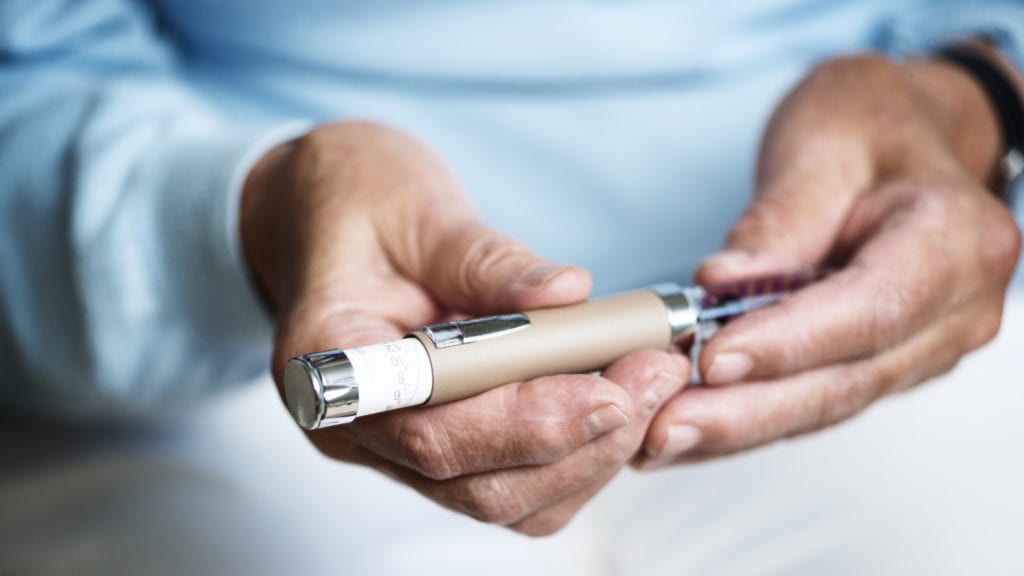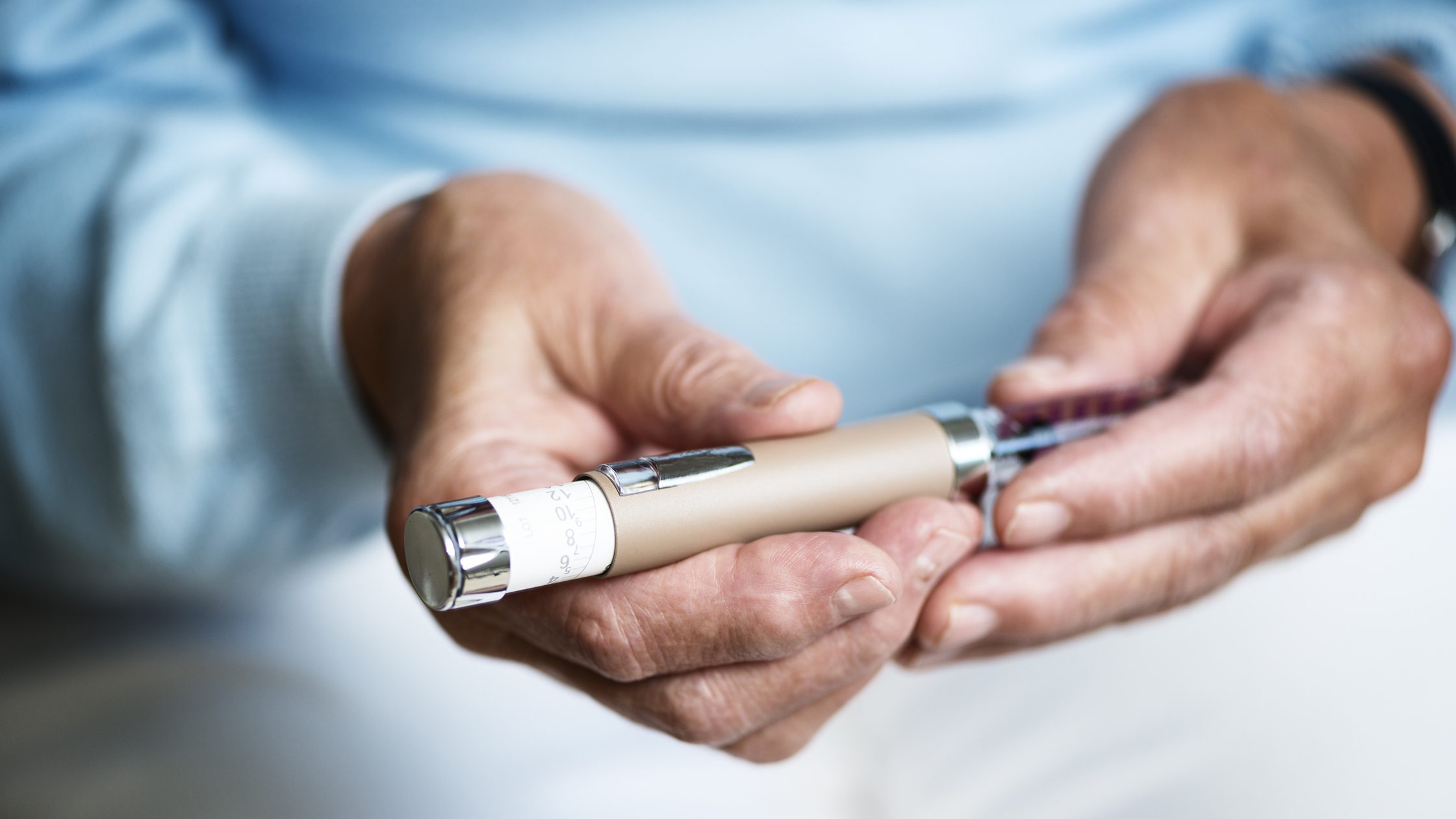Last Updated on July 23, 2021

In recent years, out-of-pocket insulin costs have skyrocketed for diabetics. And for the approximately one in three Medicare beneficiaries who are living with diabetes, the costs can be particularly crippling.
On Tuesday, the White House announced plans to begin capping those costs for Medicare beneficiaries. Beginning in January 2021, new voluntary enrollment Medicare drug plans will offer a maximum $35 copay for a month’s supply of all types of insulin.
“That results in approximately a 66 percent, or two-thirds, reduction in out-of-pocket costs,” said White House Senior Counselor Kellyanne Conway.
“We brought all of the parties to the table — insurers, manufacturers, and other key players — and reached an agreement to deliver insulin at stable and drastically lower out-of-pocket cost for our seniors,” President Donald Trump said during a Rose Garden event announcing the plan.
The new drug plans will be available during the open enrollment period, which begins October 15. According to the Associated Press, Medicare estimates about 6 in 10 beneficiaries are already in prescription drug plans that will offer the new insulin benefit.
Seema Verma, Administrator for the Centers for Medicare and Medicaid Services, said seniors will be able to identify a participating plan on the Medicare Plan Finder during the annual open enrollment period. She said she expects this plan to save the 3 million Medicare beneficiaries who rely on insulin to control their diabetes up to $446 per year.
“It’s important to note that this (co-pay) is just the maximum,” she told reporters during a call. “We fully anticipate that many plans will go further in lowering or even eliminating co-pays for insulin. And plans will fund these lower co-pays either through slightly increased premiums or other discounts they negotiate from the manufacturers.”
Verma said the administration plans to use this model to explore eventually capping or lowering other drug costs.
“We’re starting with insulin, but depending on the progress of this, we will consider offering this flexibility to manufacturers and plans with other drugs, depending on the results,” she said. “We think that this creates a foundation and a platform to fix things.”

